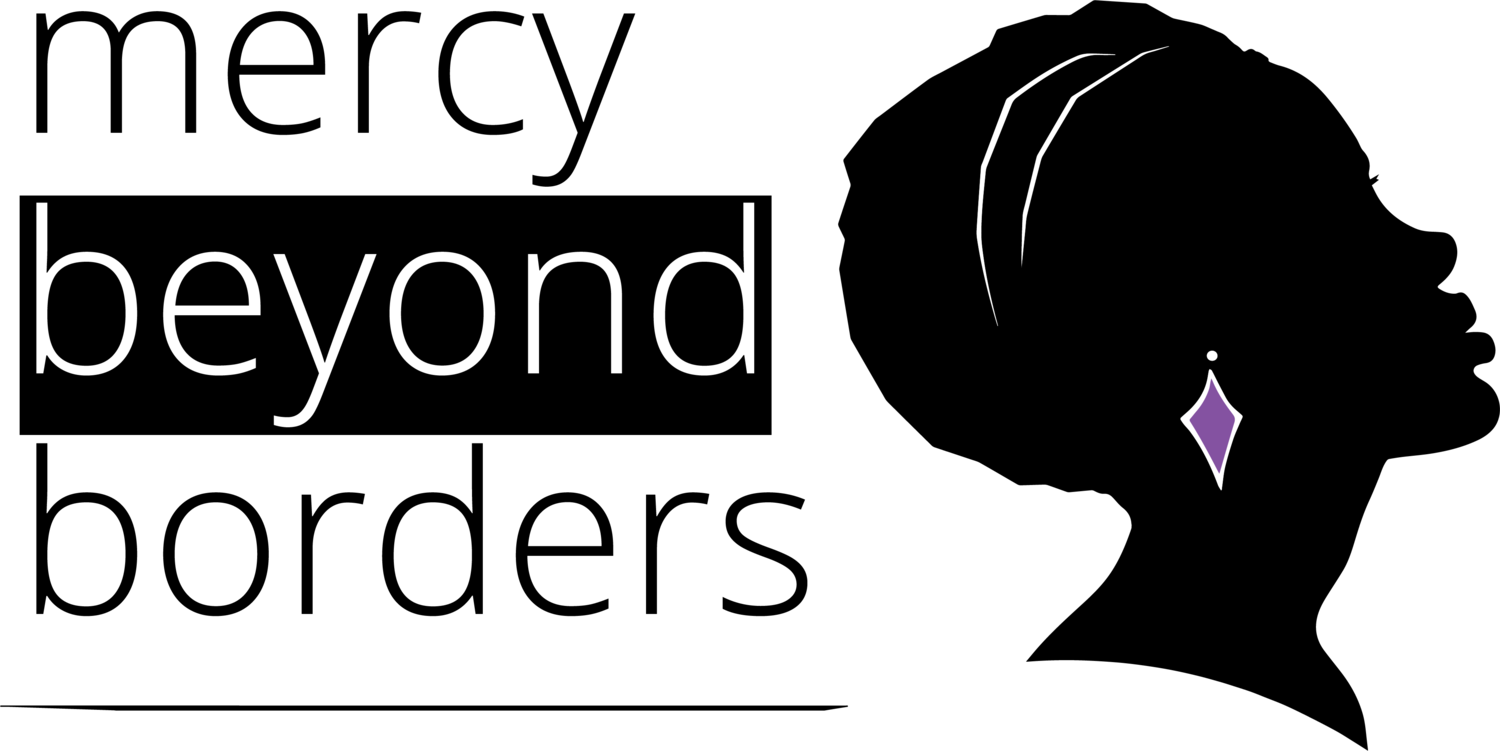Haiti: Really bad is not yet dead
Albert Gyorgy’s powerful sculpture near Lake Geneva in Switzerland conveys unspeakable sorrow. Burdens too heavy to bear. Emptiness that cannot be filled. The feeling of being utterly bereft.
Seeing it today, I think only of Haiti.
I see eleven million people mired in (or living on the edge of) extreme poverty, people I’ve met and come to respect. I see earthquakes and hurricanes, cholera and malaria and hunger. I see the intentional rape of natural resources by the country’s elite. I see economic upheaval from the covid-19 pandemic.
More so, I see the massive expansion of gang activity around the country. Gang activity is a bit misleading, however. By all accounts, these groups vying for power are terrorizing the country and its people. 20,000 men, women and children in the Port au Prince area have been forced from their homes. Anti-Haitian sentiments are rising in the Dominican Republic. It seems there is nowhere for Haitians to turn.
The massive scale corruption and ongoing kidnapping crises have paralyzed the country. Schools remain closed. Families remain fearful of venturing out.
Here’s a shocking headline: Gasoline costs $20 per gallon on the black market. Who can afford that? Certainly not Haitians, who would be lucky to earn $20/month. The country has had no free-flowing fuel for months, due to heavily armed bandits seizing control of the main port of entry. Recently, Haitian National Police were able to retake the port, but the insecurity on the roads has kept that fuel from getting to where it is most needed.
Drinking water is increasingly hard to find. Gas powers generators which power water treatment plants. Without fuel, potable water has become even more difficult to find than before.
Like dominoes, everything else will fall: transportation, commerce, food availability, even the ability to communicate, because phone cell towers are fueled by gas generators. Hospitals are closed. Schools remain shuttered. Hunger stalks Haiti’s families.
In a word, Haiti is a mess. It appears to be in a death spiral.
A Haitian woman sits in her home in Gros Morne.
Haitians have a proverb: Byen mal pa lanmo. “Really bad is not yet dead.” There is always hope.
For Haitians who are losing everything, hope is what remains. I’m reminded of an incident described by Margaret Silf in her book, The Way of Wisdom.
Once, on a journey in the desert, I was amazed when a Bedouin guide showed us a tiny, dried-up seed that he had picked up from the arid sand. He spat on the little seed and then the miracle happened. Before our eyes, the seed began to sprout! [This] gave me real hope that the dried-up seeds inside us can also sprout into new life, but this often happens when we are, so to speak, spat upon by our circumstances.
Haitians have been spat upon by dire circumstances, over and over. We see their suffering up close or we see it from afar in the comfort of our living rooms. But as Sr Helen Prejean, the author of Dead Man Walking, often says, “Just because we are standing on 3rd base doesn’t mean we hit a triple.” Most Haitians struggle even to get to 1st base.
Mercy Beyond Borders’ staff are, for now, safe in Gros Morne, though any travel beyond the small town carries extreme risk. For safety’s sake, MBB closes our Learning Center and extracurricular activities whenever schools close, so that our Scholars can stay off the streets. Our Scholars are currently engaged in distance learning by way of an MBB-sponsored radio program and access to our Learning Center 3 days per week.
Because of YOU, the MBB scholarship program remains strong, with 136 girls active in the region this year. Thanks to solar power at our Learning Center, we are not reliant on gasoline. We can stay in touch with the Scholars, offering tutoring, mentoring and counseling even when everyone must hunker down. Their courage keeps us strong: “Really bad is not yet dead.”
We who are privileged discover joy in sharing our resources. That kind of solidarity fosters hope. See for yourself: Hope sparkles in the eyes of Kervencia (below), one of MBB’s high school Scholars, as she speaks on Haitian radio about Jean Jacques Dessalines, the hero of Haiti’s struggle in 1804 to cast off slavery and achieve independence.
Klervencia describes Dessaline’s role in lifting the country up from slavery. Photo by Met Roody.
Sign up for Mercy Beyond Borders’ monthly e-newsletter to learn about the challenges and triumphs of women and girls living in extreme poverty in South Sudan, Uganda, Kenya, Malawi & Haiti.



